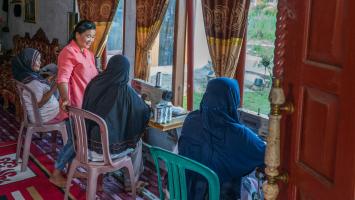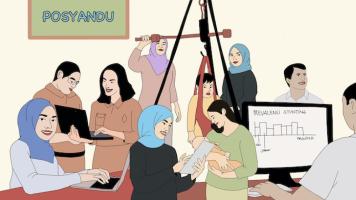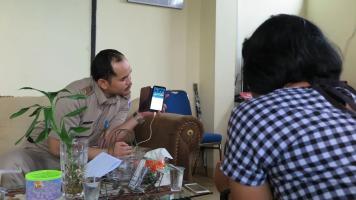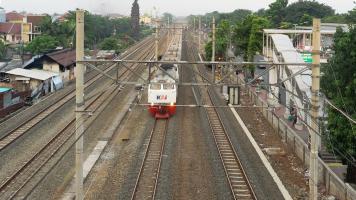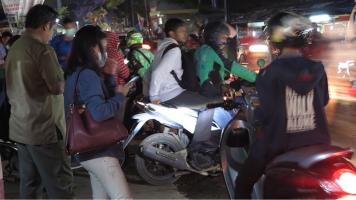UN Global Pulse Asia Pacific Hub
UN Global Pulse is the United Nations Secretary-General’s innovation lab. The Asia Pacific Hub is designed to run portfolios of on-the-ground innovation projects that apply data, digital, foresight and behavioral science methods to regional issues. The hub builds on the successful partnership model that spans over 10 years between the UN and the Government of Indonesia under the Pulse Lab Jakarta portfolio.
Visit our Knowledge Hub at http://knowledgehub.pulselabjakarta.org/.


